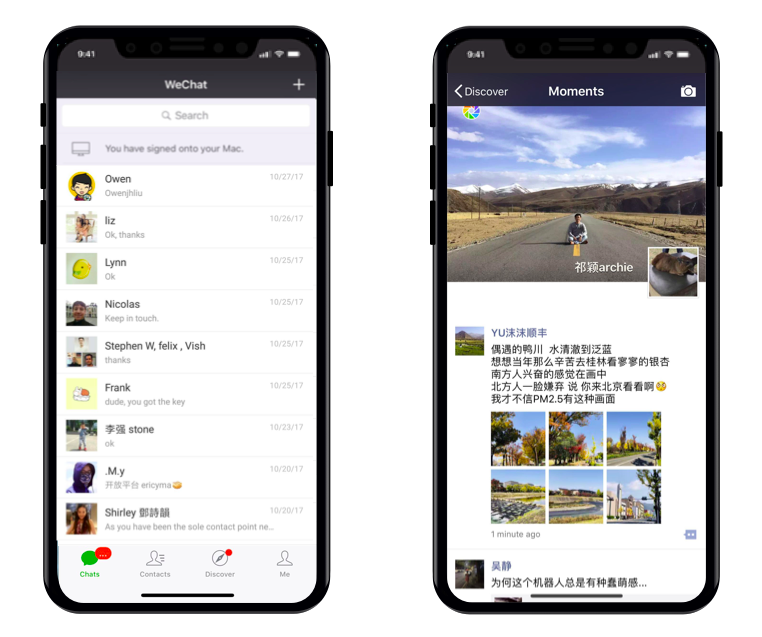Just when you think you’ve got things figured out, like how apps should be super specific and do one job very well, something comes along and does a giant poo on that idea. Right now super apps are excreting vast amounts of faeces on that very idea.
A super app is a mobile application that offers a wide range of services and features. They typically encompassing multiple categories such as e-commerce, transportation, food delivery, entertainment, and more. In contrast, a normal app is a mobile application that is focused on a specific function or purpose, such as a social media platform, a gaming app, or a weather forecasting app.
Super apps are popular in Asia, particularly in countries such as Indonesia, China, and India.
There are several key differences between super apps and normal apps that are worth considering
- Range of services: As mentioned, they offer a wide range of services and features within a single app, while normal apps are typically focused on a specific function or purpose. This means that users of these apps can access a variety of services without having to download and switch between multiple apps, making them more convenient to use.
- User experience: They often offer a more streamlined and integrated user experience, as all of the services and features are accessed through a single app. Normal apps, on the other hand, may require users to switch between different apps or use multiple apps to access different services.
- Monetisation: Both super apps and normal apps can be monetised in various ways, such as through in-app purchases, subscriptions, or advertising. However, super apps may have more opportunities for monetization due to the wider range of services they offer.
- User data: They often collect and process a large amount of user data due to the wide range of services they offer. This can raise concerns about privacy and data security as the app has access to a large amount of sensitive information about the user. Normal apps typically collect and process data related to a specific function or purpose, which may be less sensitive.
Overall, these all in one apps offer a wide range of services and can be convenient for users and provide opportunities for monetisation. However, they also raise concerns about privacy and data security due to the large amount of user data they collect and process. Normal apps, on the other hand, are typically focused on a specific function or purpose and may collect and process less sensitive data.
Leading super apps
- WeChat: This super app is a messaging and social media platform that also includes features such as payment options, booking services, and gaming.
- Gojek: This super app is a ride-sharing service that also offers food delivery, groceries, and other services such as beauty appointments and home cleaning.
- Grab: Similar to Gojek, Grab is a ride-sharing service that also offers food delivery, groceries, and other services such as home cleaning and payment options.

There are a few reasons why super apps have not gained widespread popularity in the USA and Europe. The USA and Europe already have a high number of apps available for download, making it difficult for a new super app to stand out amongst highly specialised apps. Also people in the USA and Europe are used to using specific apps for specific tasks, rather than using a single app for everything. This means that a super app may not be as convenient or useful for users.
Overall, the success of super apps in the USA and Europe may depend on the ability of the app to differentiate itself from existing competitors and address user concerns about privacy.
Africa might be the new high growth area for all in one apps
It is likely that super apps will continue to grow in popularity in Africa as they offer a convenient and integrated platform for various services. As mobile technology and internet access improves in the region, more and more people will likely turn to super apps for their daily needs.
With the rise of e-commerce and digital payments in Africa, super apps that offer these services will likely see even more growth. As businesses continue to adapt to the digital age, super apps will become increasingly important for both consumers and businesses in Africa.
The future of super apps in Africa looks bright as they offer a convenient and integrated solution for various needs and are well-suited for the mobile-first culture of the region.
Will super apps take off in the US and Europe?
It’s difficult to predict with certainty whether super apps will take off in the USA and Europe. There are several factors that could influence their adoption, including the willingness of consumers to use a single app for multiple services, the ability of companies to offer a wide range of services within the app, and the availability of similar competing apps. Additionally, cultural differences and consumer preferences may impact the success of super apps in these regions.
If they do take off they might appear by a fintech app adding other services and slowly growing rather than a new app coming on the scene and dominating. I feel that it would be difficult for a jack of all trades app to break into a market dominated by specialists. Any super app would have to offer a substantial increase in user experience and reduced friction compared to switching apps on a modern smartphone.
Another big question is do users in Europe and USA need to have everything combined in one app? Do you really want to buy cleaning materials and then book a cab all at the same time, unless you’re just murdered someone? I could be wrong, after all, I thought that self-driving cars would totally go mainstream and be useful in the near future but now it looks like they are quite a few years away. Sorry Kit, you’ll just have to wait.
So are super apps just about to take over the US and Europe, probably not. Let’s see if time does a massive poo on this post and proves me wrong.
If you'd like to talk about developing an app please feel free to send us a message.


No comments.